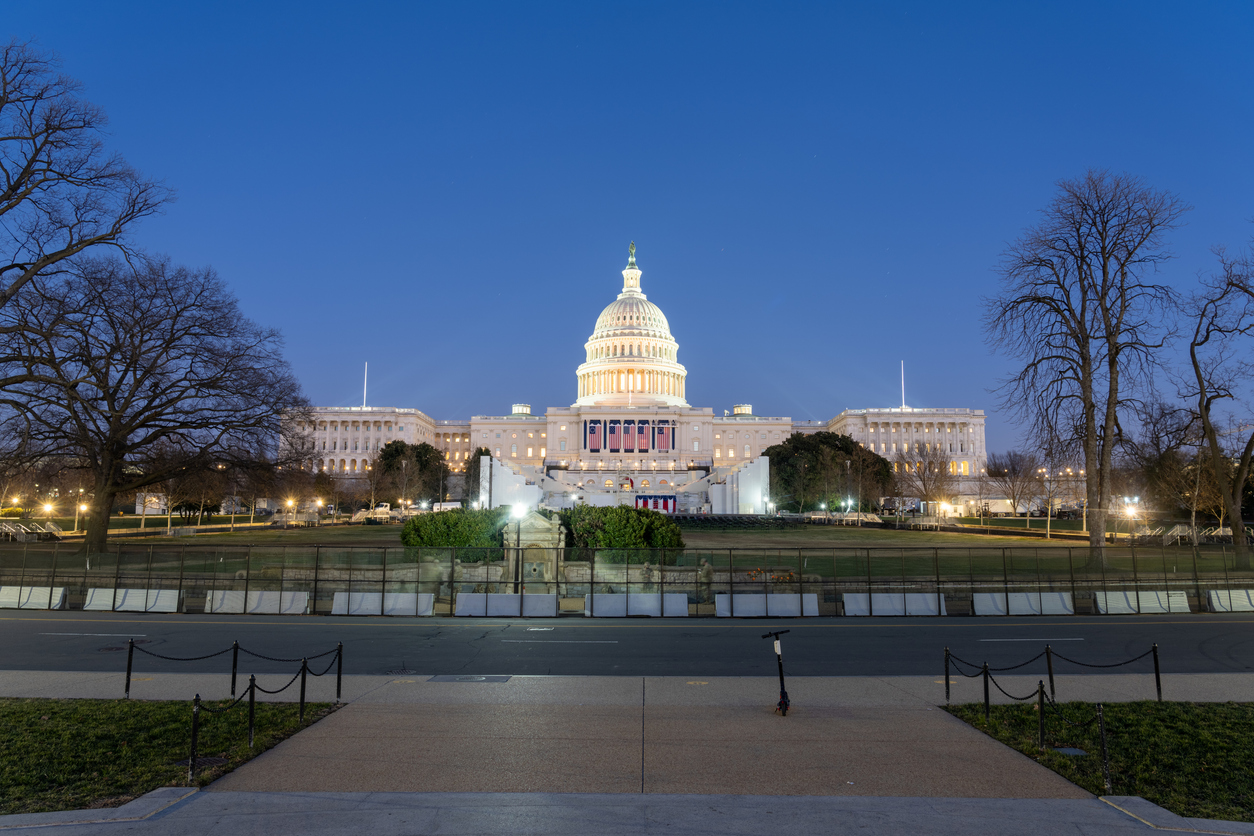On May 11, 2023, the Biden administration put into place the Circumvention of Lawful Pathways Rule (“CLP”), otherwise known as the Biden “asylum transit ban.” Under this rule, asylum seekers who enter the United States without inspection, via a maritime (coastal) border, and do not enter the United States utilizing a legal pathway such as a visa, humanitarian parole, or after scheduling an appointment with Customs and Border Protection (CBP) will not be eligible to pursue asylum in the United States. More simply, anyone who passes through another country en route to the United States (i.e. people from countries other than Mexico who arrive at the southern border) without inspection is presumed to be ineligible for asylum unless they can show they qualify for an exception.
The rule only applies to asylum and does not affect eligibility for withholding of removal or protection under the Convention Against Torture (CAT). While immigration advocates and the U.S. government continue to battle over the legality of the CLP in the federal courts, it is important to know that the government is currently enforcing the CLP in immigration proceedings. Therefore, it is vital to understand the basics of the CLP: who it applies to, and how to rebut the government’s presumption of non-eligibility for asylum. Below are some exceptions to the rule and ways to rebut the presumption of asylum ineligibility.
The Rule does not apply to the following individuals:
- Unaccompanied children (UC): Unaccompanied children who meet the regulatory definition (unaccompanied, without documentation to enter the U.S., under the age of 18) at the time of entry to the United States are not subject to the ban.
- Mexican citizens: Mexican citizens and stateless individuals who last habitually resided in Mexico are exempt.
- Parolees and visa holders: Individuals who arrive under one of the established parole processes for Cubans, Haitians, Nicaraguans, Ukrainians, and Venezuelans are exempt. This includes those with humanitarian parole and anyone inspected and admitted using a visa.
- People who successfully used CBP One: Individuals who used the CBP One app to present themselves at a Port of Entry to a CBP officer for a pre-scheduled appointment are exempt.
There are also important exceptions that can be used to rebut the presumption of asylum ineligibility:
- Individuals who can demonstrate that it was not possible to access or use the CBP One App due to: language barriers, illiteracy, significant technical failure, or other ongoing and serious obstacles.
- Individuals who sought and were denied asylum in another country: The previous denial must be on the merits of the case and cannot be based on abandonment by the asylum seeker.
- Exceptionally compelling circumstances that existed at the time of entry to the United States: This includes circumstances where a family has the potential to be separated based on the ban (Family Unity Principle). Therefore, if one member of a family traveling together is not subject to the rule or is able to rebut the presumption of ineligibility, the rule does not apply to anyone in the family during credible fear proceedings.
- Acute Medical Emergency: This includes physical and mental health emergencies.
- Imminent and Extreme Threats: Imminent and extreme threat to life or safety, including the imminent threat of sexual violence, kidnapping, torture, or murder. This is a case-by-case determination; however, individuals who are members of particularly distinct social groups, like LGBTQ or HIV-positive people could be included.
- Victims of a severe form of trafficking: This includes individuals who are trafficked for sex or labor, including “debt bondage.”
Whether or not an asylum seeker can qualify for one of these narrow exceptions often depends on the evidence that can be gathered. Evidence must demonstrate: (1) the rule does not apply to them or (2) that the presumption of ineligibility can be rebutted. Evidence can include medical records, screenshots of the CBP One app not working, birth and/or marriage certificates to establish family unity, and other photos and documents. Given the complexity of the CLP and the rapid pace of change in immigration laws, it is important to contact an immigration attorney so they can help determine if you are subject to the rule or eligible for an exception.
Contact Murray Osorio PLLC For Asylum Assistance
For individuals seeking guidance on the Circumvention of Lawful Pathways Rule or other asylum matters, Murray Osorio PLLC offers expert legal services to help with your immigration needs. Our dedicated team understands the complexities of immigration law and is committed to helping you navigate the process with confidence. If you or a loved one needs assistance with CLP, asylum applications, or exploring other immigration options, contact us today.

